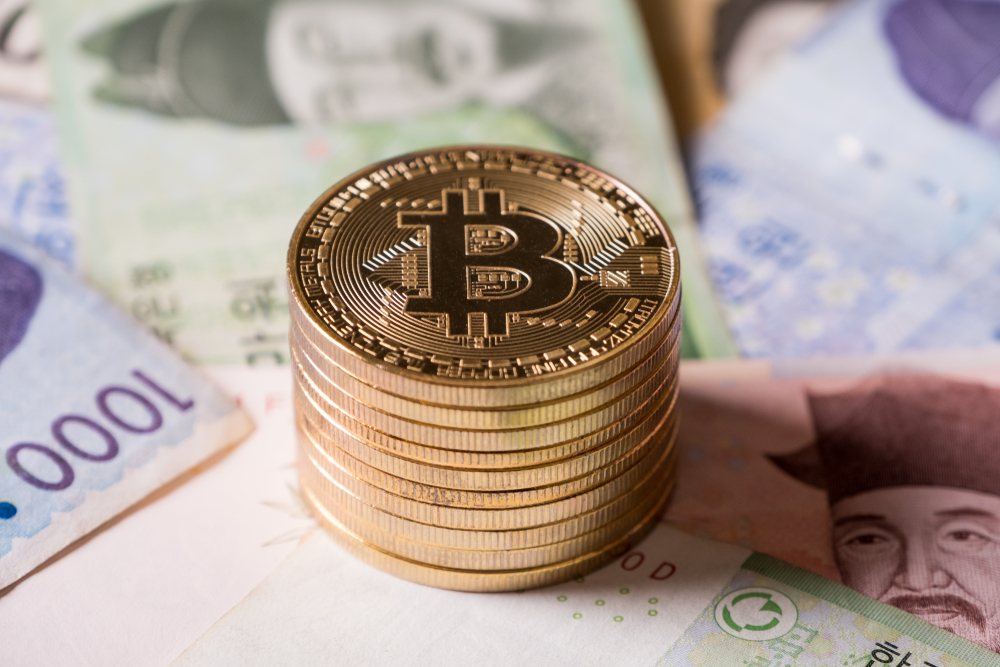Exclusive: South Korea Reveals New [Positive] Crypto Regulatory Guidelines

Financial Services Commission (FSC), the main financial agency of South Korea, has revealed a new crypto regulatory framework and guidelines pertaining to anti-money laundering (AML) and Know Your Customer (KYC) requirements for crypto exchanges.
Stricken Crypto Regulations, Positive Changes
In its new money-laundering prevention guideline targeted at crypto exchanges, the FSC tightened existing regulations on transaction and user monitoring. The FSC requested the Korea Financial Intelligence Unit (KFIU), the national financial watchdog, to strictly oversee cryptocurrency transactions and user activity.
As a part of its larger initiative of monitoring the local cryptocurrency exchange market, the FSC has ordered authorities to investigate into three major banks Nonghyup, Hana Bank, and Kookmin that have been providing banking services and virtual accounts to crypto exchanges.
Moving forward, cryptocurrency exchanges will be required to conduct Customer Due Diligence (CDD) and Enhanced (EDD), and perform sufficient background checks to ensure:
- Foreigners are not using local cryptocurrency exchanges to buy and sell digital assets
- Criminals are not using personal accounts of individuals secretly to launder money
- Prevent suspicious transactions and payment processing
Because there exists a possibility a criminal organization borrows a personal account of an individual to purchase massive amounts of funds on local cryptocurrency exchanges and then withdraw them to a different account, the FSC ordered exchanges to conduct extensive CDD on new users.
The second policy imposed by the government is preventing the re-emergence of the “Kimchi Premium” by spotting suspicious fund movements in and out of cryptocurrency exchanges and banking accounts connected to crypto exchanges. If banks have a reason to believe that a user or an organization are transferring large sums of capital for the sole purpose of taking advantage of the “Kimchi Premium” in South Korea, authorities can investigate into the user or the organization.
The new policies along with the request from the government to improve the AML and KYC systems of local cryptocurrency exchanges have demonstrated the willingness of the government of South Korea to regulate the cryptocurrency market even at the risk of the public acknowledging the decision as an intent of legitimizing the local cryptocurrency sector.
Cryptocurrency Sector is Now a Legitimate Industry
On several occasions, the Financial Services Commission and Financial Supervisory Service have admitted that the government has been reluctant towards regulating the cryptocurrency market because it feared local investors would understand it as the government’s way of legitimizing the crypto market.
But, after consecutive hacking attacks and security breaches, the government of South Korea realized it is time to regulate the market and revealed its plans to regulate cryptocurrency exchange as banks to protect investors and their assets.
The release of the new money-laundering prevention guideline targeted at crypto exchanges by the South Korean government is considered as the first step the authorities have taken towards properly regulating the cryptocurrency market of the country for the first time in history.
In the upcoming months, local authorities will cooperate with both banks and local exchanges to better structure the market.
Featured image from Shutterstock.